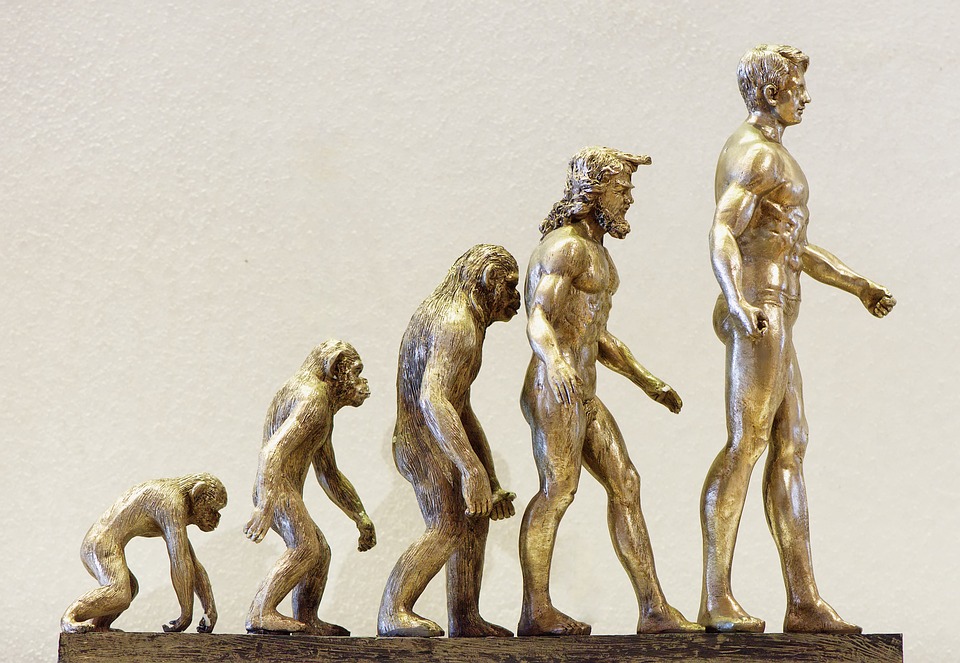
Beyond the Stereotypes: Exploring Complex Character Evolution in Film
When we think of character development in films, we often think of the hero’s journey – a protagonist who starts off as a novice, faces challenges and obstacles, and eventually emerges as a changed person. While this classic narrative structure has its merits, it often falls into the trap of relying on stereotypes and clichés to drive the plot forward. However, some films go beyond these conventional tropes and offer audiences a more nuanced and complex exploration of character evolution.
Breaking the Mold
One such film that defies stereotypes and presents a unique approach to character development is “Eternal Sunshine of the Spotless Mind.” Directed by Michel Gondry and written by Charlie Kaufman, the film follows the tumultuous relationship between Joel (played by Jim Carrey) and Clementine (played by Kate Winslet) as they undergo a procedure to erase memories of each other after a painful breakup. Through a nonlinear narrative structure and inventive visual storytelling, the film delves into the complexities of human emotions and the ways in which memories shape our identities.
Unlike traditional romantic dramas, “Eternal Sunshine of the Spotless Mind” subverts expectations by portraying its characters as flawed and multi-dimensional beings. Joel and Clementine are not simply archetypes of the jilted lover or the manic pixie dream girl; they are individuals with their own fears, insecurities, and desires. As the story unfolds, we witness the layers of their personalities unravel, revealing the depths of their emotions and the complexities of their relationship.
Character Evolution Through Adversity
Another film that explores complex character evolution is “The Shawshank Redemption.” Directed by Frank Darabont and based on a novella by Stephen King, the film follows the friendship between Andy Dufresne (played by Tim Robbins) and Red (played by Morgan Freeman) as they navigate life in a harsh prison environment. Through acts of resilience, loyalty, and friendship, the characters undergo profound transformations that challenge their beliefs and redefine their sense of self.
One of the key themes in “The Shawshank Redemption” is the idea of redemption and forgiveness. Andy, who is wrongly convicted of murder, faces numerous hardships and injustices throughout his time in prison. Despite the brutality and hopelessness of his situation, he maintains his dignity and integrity, ultimately finding a way to escape and seek justice for himself. His journey of self-discovery and personal growth is a testament to the power of resilience and perseverance in the face of adversity.
Complex Characters in Modern Cinema
In recent years, there has been a growing demand for more diverse and nuanced portrayals of characters in film. Audiences are no longer satisfied with simplistic caricatures or one-dimensional stereotypes; they crave authenticity and depth in their cinematic experiences. As a result, filmmakers have been pushing the boundaries of storytelling and character development, challenging conventional norms and exploring new avenues for creative expression.
One notable example of this trend is the film “Moonlight,” directed by Barry Jenkins. The coming-of-age drama follows the journey of Chiron, a young African American man grappling with his identity and sexuality in a rough Miami neighborhood. Through three distinct chapters in his life, we witness the evolution of Chiron’s character as he navigates the complexities of his relationships and struggles to find his place in the world.
“Moonlight” is noteworthy for its portrayal of a marginalized protagonist whose experiences are rarely depicted on screen. Chiron is neither a stereotype nor a cliché; he is a fully realized individual with his own hopes, fears, and insecurities. The film’s intimate portrayal of his inner turmoil and external challenges offers a poignant and powerful insight into the human experience, resonating with audiences on a profound emotional level.
Conclusion
Character evolution in film is a reflection of the complexities of the human experience. By moving beyond stereotypes and clichés, filmmakers have the opportunity to explore the depths of human emotions and the intricacies of personal growth and development. Through innovative storytelling techniques and nuanced portrayals of characters, they can engage audiences in meaningful and transformative ways, challenging conventions and expanding our understanding of what it means to be human.
As audiences continue to demand more diverse and authentic representations in film, we can expect to see a greater emphasis on complex character evolution and storytelling. By embracing the richness and diversity of the human experience, filmmakers can create more compelling and emotionally resonant narratives that transcend traditional boundaries and inspire meaningful conversations about the nature of identity, relationships, and personal growth.